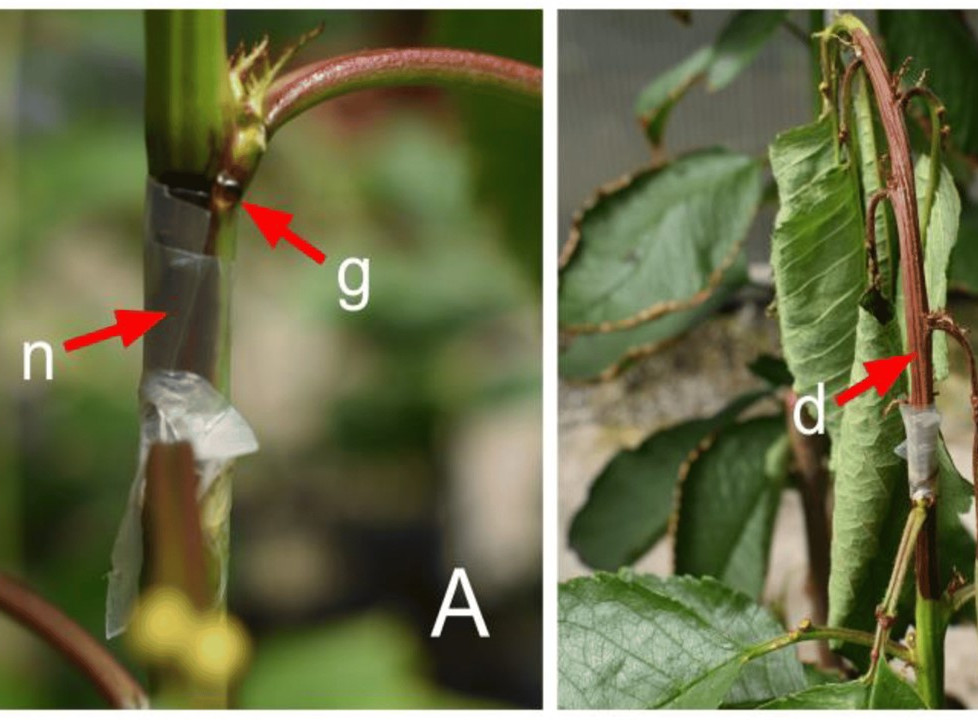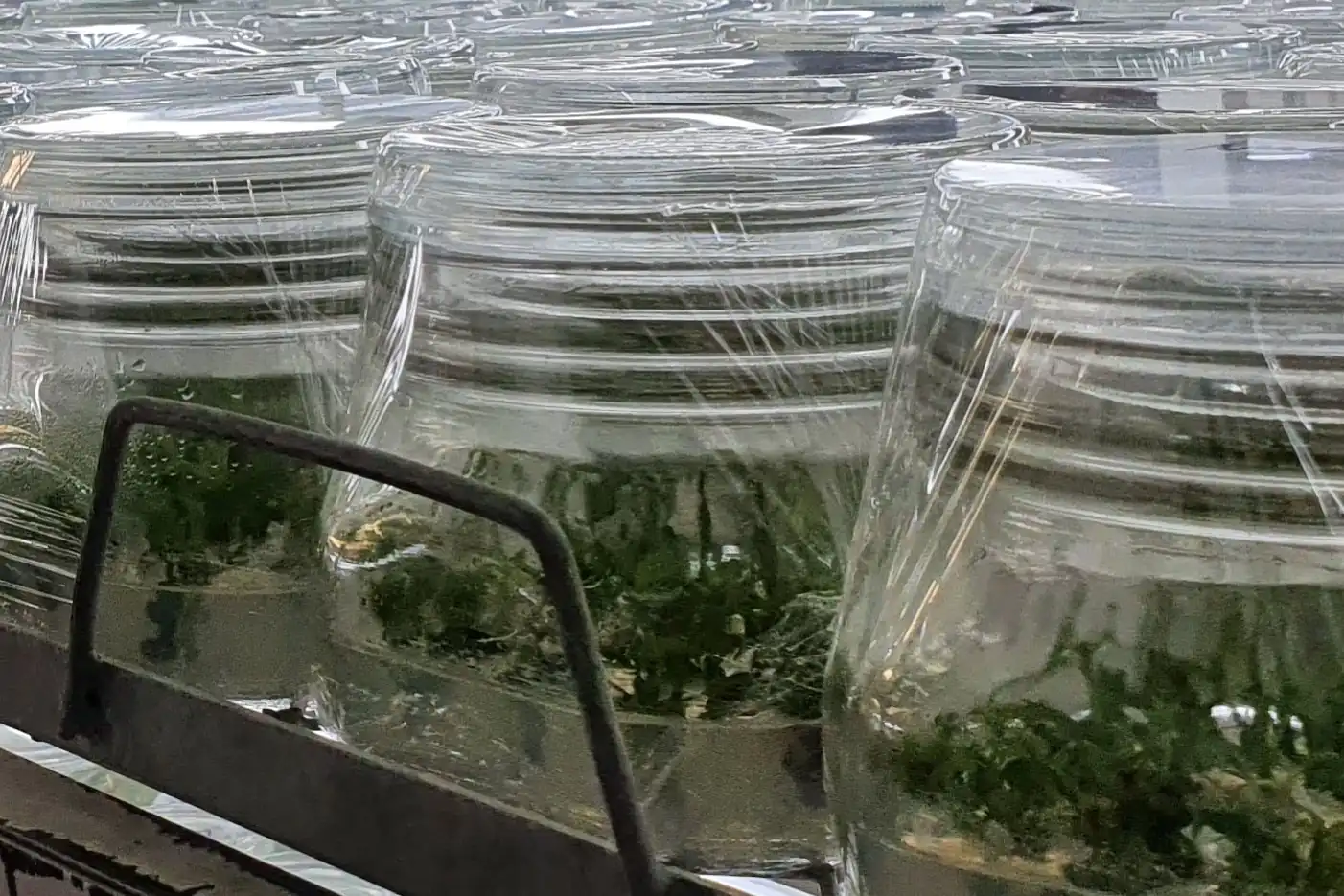The article-interview deals mainly with the problems related to the poscosecha (post-harvest) of cherries, particularly the Regina variety, in the context of the Chilean cherry industry.
The interviewee, Juan Pablo Zoffoli, an expert in poscosecha and academic at the Pontificia Universidad Católica de Chile, identifies the main problem with poscosecha as the 'internal pardeamiento' of Regina, which negatively affects the flavour and quality of the cherries. This is a critical problem because Regina is an important variety for Chilean cherry production.
Zoffoli explains that internal pardeamiento is due to the senescence of the fruit and its degree of ripeness at harvest time. Therefore, he emphasises the importance of managing fruit maturity during the growing process to avoid this problem. Furthermore, he talks about the problems related to the size of the cherry, emphasising that larger calibre cherries tend to resist mechanical damage better.
He also mentions the problem of 'piel de lagarto' (lizard skin), which affects the appearance of cherries without affecting their flavour or flesh, but can make the fruit less attractive to consumers.
Finally, Zoffoli discusses the challenges of climate change, pointing out that rain during the harvest season is particularly problematic as it can cause micro-fractures in the fruit that negatively affect the poscosecha. He proposes the use of plastic covers and fungicide treatments to mitigate the effects of rain.
In summary, the interview focuses on specific problems related to cherry poscosecha, such as browning and shriveling, and discusses the climatic challenges faced by the Chilean cherry industry.
Read the full article: RedagrÍcola
Cherry Times - All rights reserved










